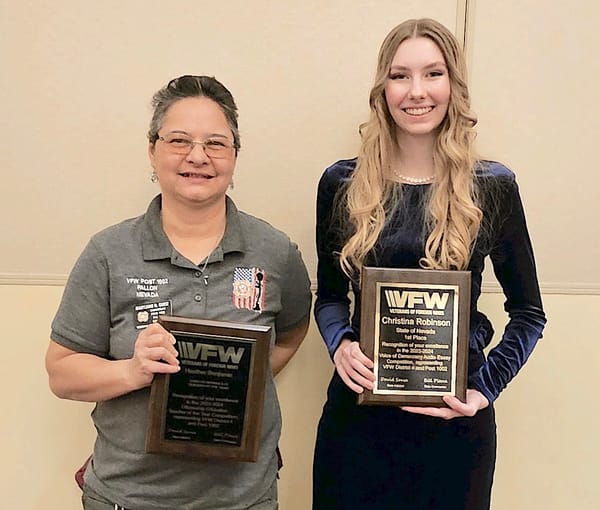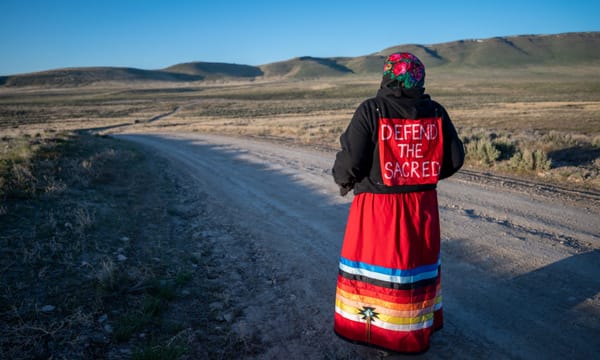Nevada earns $2.5 million for healthcare workforce development

CARSON CITY–A $2.5 million grant was awarded to the State of Nevada this week to provide training and resources aimed at strengthening the state’s healthcare workforce, primarily in northern and rural communities.
The H-1B Rural Healthcare Grant is directed to the Governor’s Office of Workforce Innovation (OWINN) to expand workforce services. These include job placement, occupational skills training and job search assistance. The goal, according to a statement announcing the award, is to “reduce employment barriers that hinder Nevada’s rural workforce from moving into middle- to high-skilled H-1B healthcare occupations.”
According to the grant’s funding announcement, “The COVID-19 pandemic has increased the need for healthcare workers, particularly in rural areas where there was already an acute need. Expanding employment and training models for the healthcare industry will help individuals gain the skills necessary to provide needed services, fill vacancies and allow employers to find skilled workers more readily.”
The University of Nevada, Reno’s Office of Statewide Initiatives (OSI) reports that Nevada’s rural communities have a need for rural healthcare workers.
Nevada’s per capita number of licensed health professionals is lower in rural and frontier counties versus more urban areas of the state, with few exceptions, OSI reports. More than 80% of those living in rural and frontier Nevada live in a primary medical care health professional shortage area, a federal designation. That percentage rises to 100% when it comes to mental health care professional shortages.
Healthcare occupations that qualify for workforce support under the grant include behavioral health workers—such as mental health counselors, social workers and marriage and family therapists— as well as community health workers, registered nurses, occupational therapists and pharmacists and pharmacy technicians.
Many of the occupations on the list are often filled with foreign workers using H-1B visas—the reason for the grant program’s name. However, the goal of the funding is for rural communities to become less reliant on foreign workers and to promote U.S. workers who need to enhance their skills, or advance careers for unemployed or underemployed people within the state. An emphasis was placed on working with veterans, military spouses, transitioning service members and under-represented populations who may have employment barriers that limit their ability to move into middle- to high-skilled healthcare positions.
OWINN hasn’t indicated which occupations it’ll target with the funds received or how many organizations within the state will be a part of the workforce development program. It has already tapped Nevadaworks, a Reno-based workforce development organization.
The Employment and Training Administration, part of the U.S. Department of Labor, supplied $40 million in federal funds toward the grant program. Nevada earned the largest amount allowable to a single grantee.





